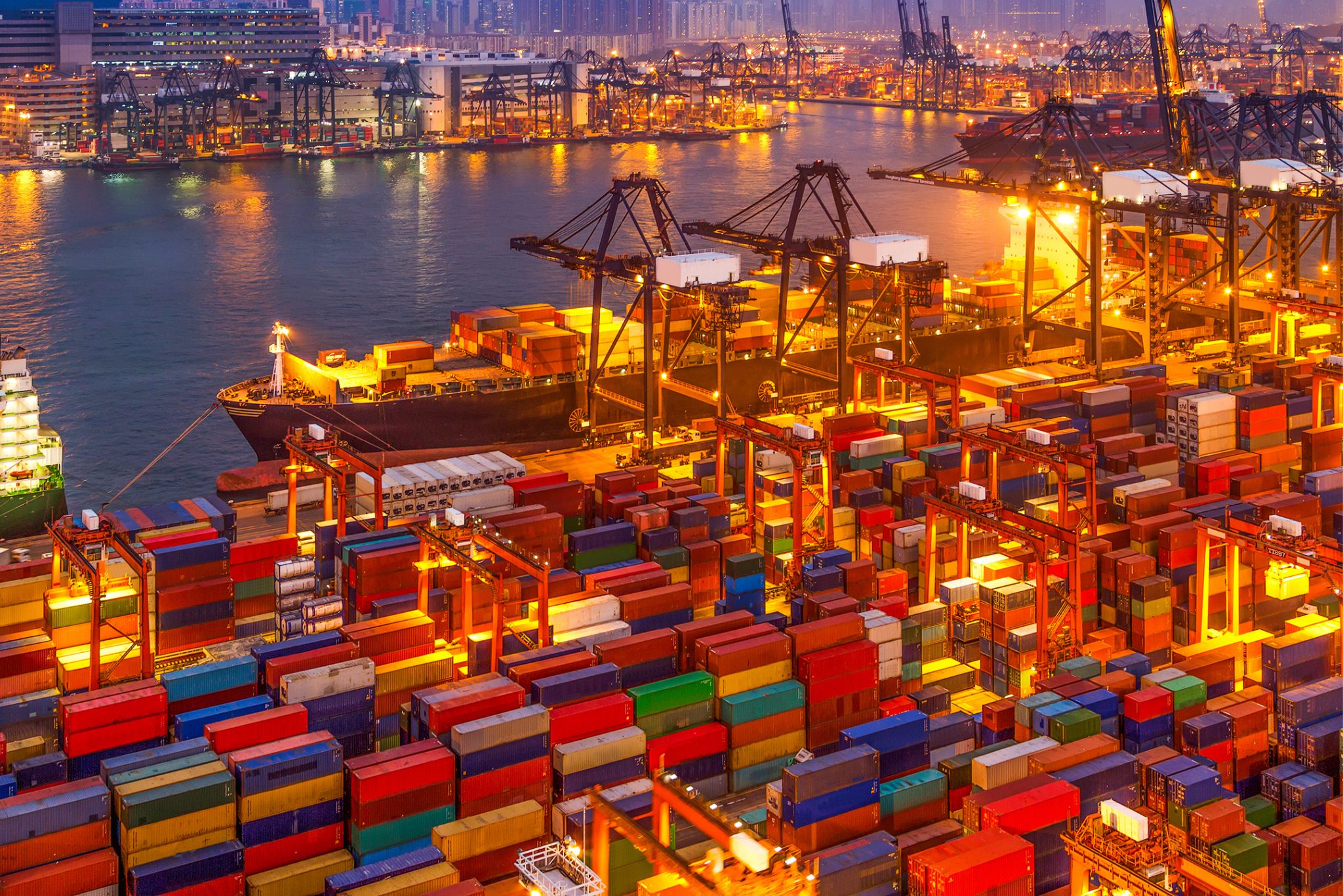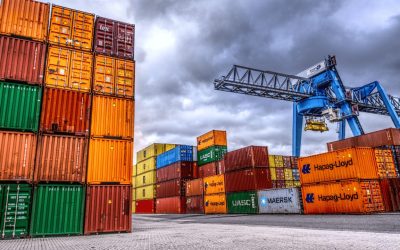With a 10% tariff imposed by the US, no retaliatory measures of its own, and a government that removed import barriers, Argentina has positioned itself as one of the most attractive markets in Latin America.
Donald Trump’s return to the US presidency disrupted international trade margins. His administration’s widespread tariff implementation triggered a series of retaliations and challenges for the world’s leading exporting economies. In this new environment, Argentina found an unexpected opportunity to position itself as a competitive supplier and a more attractive destination for business.
Trump’s tariffs shook up international trade
On April 2, Trump activated a new trade tax scheme. Under this framework, Argentina was among the countries that benefited: the tariff imposed on its exports was set at 10%, with no additional charges.
In response, Javier Milei’s government took an active negotiation stance. Officials from his administration initiated talks with the US trade team to secure exemptions or tariff reductions for nearly 50 specific products, which account for up to 80% of Argentina’s total exports to that market. At the same time, Milei expressed willingness to align local regulations with US regulatory standards to facilitate an agreement.
An internal shift to open up the economy
Beyond diplomatic efforts, the Argentine government also modified its internal regulations. One of the most visible measures was replacing the Import System of the Argentine Republic (SIRA) with the new Import Statistics System (SEDI). This change was formalized by Joint Resolution 5466/23 from the Secretariat of Commerce and AFIP, published on December 26, 2023.

Under SEDI, importers must complete an online sworn declaration, which lets authorities anticipate key information and expedite processes. Previous licenses and permits that used to block or delay operations without a clear justification were eliminated. This change represents a massive shift for the private sector. Under SIRA, many companies faced delays, adjustments, and import obstacles. The new system aims to remove that uncertainty.
A three-decade-old obstacle removed
Another key step was the removal of the Import Certificate for Used Goods (CIBU). Through Decree 273/2025, the government did away with a requirement that had been in place for over 30 years. The previous regulation forced importers to justify that no equivalent local production existed before bringing in used machinery. This acted as a discretionary filter.
The measure simplifies processes, reduces costs, and speeds up business decision-making. In a context where many countries are starting to close their trade borders, Argentina chose to open its own. Under the new regulation, companies can import used capital goods through an automatic approval process without prior state intervention. This move provided relief to sectors like mining, energy, and oil and gas, where using foreign technology that is difficult to substitute locally is common.
Dan Zonnenschein, COO at Aerodoc Inc., said, “Argentina used to be a forbidden destination for used goods. Now, it’s not just an open window—it’s a door.”
Fewer barriers, lower taxes, and faster imports
The new economic framework promoted by Javier Milei’s government has also brought tangible benefits for importers, SMEs, and consumers who need access to foreign products without getting trapped in regulatory labyrinths.
One of the most important measures was reducing withholding taxes and duties applied to foreign trade operations. Several recent decrees lowered the fiscal burden that had made imports more expensive. This allowed for better final prices and created more competitive conditions for importing inputs, technology, or consumer goods.
This was accompanied by the unification of the exchange rate, which eliminated multiple official rates that coexisted alongside restrictions like the “importer dollar.” With a single reference exchange rate and more predictable access to the foreign exchange market, companies now have better tools to plan overseas purchases and manage costs in hard currency.
Another important change was the review of discretionary import control mechanisms, known for years as DJAI. Although the name was no longer formally used, many blocks in place until 2023 operated under a similar logic. Since late December, the government has begun releasing held transactions without technical justification and deactivating unnecessary filters that affect commercial logistics.

A more flexible courier system
Along the same lines, the courier system was strengthened with measures to simplify small international shipments. The purchase limit was raised to USD 3,000 per shipment and up to 50 kilograms in weight, with the possibility of making more shipments per person annually. Much of the process was also digitized through a single-window system, making bringing in tools, parts, inputs, or technology for productive or personal use easier.
These factors make Argentina a simpler country for importing, without excessive fiscal burdens or chronic administrative obstacles. Although still a work in progress, this change is already generating positive responses from companies that previously operated cautiously or were outright excluded from the process.
Aerodoc, your partner for entering Argentina
At Aerodoc, we offer a fast track to importing technology without legal hurdles. Our IOR (Importer of Record) service allows access to the country without establishing a local legal entity.
We handle the entire process: sales, distribution, storage, and door-to-door delivery, including customs management, mandatory documentation, and regulatory compliance. Our service includes last-mile logistics and guarantees that your product arrives on time and in perfect condition.
Additionally, through our Buy-Sell service, we act as a commercial intermediary, serving as the local seller and assuming legal and tax responsibilities. This allows foreign companies to trade without needing a CUIT, legal structure, or local presence.
If you want to learn more about our services, get in touch.
Q&A
- Why is Argentina becoming a more attractive market for global trade? Argentina gained relevance after the U.S. introduced new tariffs that left its exports at a modest 10%, without retaliatory charges. Combined with local reforms to ease imports, reduce taxes, and simplify logistics, the country is now more competitive.
- What changes has the Argentine government made to facilitate imports? Key measures include replacing the SIRA with the SEDI system, removing discretionary licenses, simplifying customs, and digitizing procedures.
- How has Argentina changed its stance on used goods imports? The government scrapped the Import Certificate for Used Goods (CIBU), removing a 30-year barrier. Now, companies can import used machinery and equipment under automatic approval, without justifying the absence of local alternatives.
- What other measures are making Argentina more open to international business? The unification of the exchange rate, reduced trade taxes, and reforms to the courier regime all support faster and cheaper imports.
- How does Aerodoc help companies enter the Argentine market? Aerodoc offers IOR (Importer of Record) and Buy-Sell services, allowing foreign businesses to operate in Argentina without establishing a legal entity. Through the Buy-Sell model, Aerodoc acts as the local seller, assuming legal and tax responsibilities.




